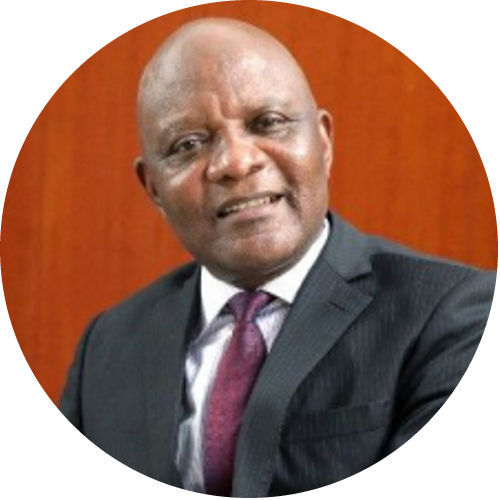The BMI Prize
The Boris Mints Institute was founded with the intention to encourage research, planning and innovative thinking to promote significant positive change in the world. BMI is focusing on finding strategic feasible solutions to provide strategic plans and innovative projects to enhance the welfare of communities around the globe.
Starting 2017, BMI awards a $100,000 prize to an exceptional individual who has devoted his/her research and academic life to the solution of a strategic global challenge, and whose research public action and ideas had transformative impacts on global policy formation and a proven contribution to the welfare of a significant number of communities worldwide
The 2024 BMI Prize Laureate is Prof. Beatriz Magaloni, Graham H. Stuart Professor of International Relations and Senior Fellow at the Freeman Spogli Institute, Stanford University.
 The prize is awarded to Prof. Magaloni for her contribution to the field of the study of authoritarianism and its return as a global challenge. In her research, she explains why autocratic regimes hold multi-party elections. Her work provides a broad comparative framework and is now considered a “classic” in the field. Assigned in most undergraduate and graduate-level seminars on comparative politics, the themes and theories developed in her work set the agenda for conceptualizing multi-party autocracies, which have become the most common form of dictatorship worldwide. Her body of work also provides an understanding of the most insidious threats to democracy in the contemporary period, which do not come from military coups but from civilian leaders ascending to power through elections. Prof. Magaloni’s work on autocracies constitutes a key pillar for how subsequent scholars have come to understand and study multi-party autocracies, the role of elections in these systems, what shapes mass support and voting behavior in autocracies, the factors that explain why do autocratic rulers survive or die, when they democratize the electoral institutions and the conditions under which they might cede power to their opponents. Her work has appeared in the American Political Science Review, American Journal of Political Science, World Development, Comparative Political Studies, Annual Review of Political Science, Latin American Research Review, Journal of Theoretical Politics and other renowned journals.
The prize is awarded to Prof. Magaloni for her contribution to the field of the study of authoritarianism and its return as a global challenge. In her research, she explains why autocratic regimes hold multi-party elections. Her work provides a broad comparative framework and is now considered a “classic” in the field. Assigned in most undergraduate and graduate-level seminars on comparative politics, the themes and theories developed in her work set the agenda for conceptualizing multi-party autocracies, which have become the most common form of dictatorship worldwide. Her body of work also provides an understanding of the most insidious threats to democracy in the contemporary period, which do not come from military coups but from civilian leaders ascending to power through elections. Prof. Magaloni’s work on autocracies constitutes a key pillar for how subsequent scholars have come to understand and study multi-party autocracies, the role of elections in these systems, what shapes mass support and voting behavior in autocracies, the factors that explain why do autocratic rulers survive or die, when they democratize the electoral institutions and the conditions under which they might cede power to their opponents. Her work has appeared in the American Political Science Review, American Journal of Political Science, World Development, Comparative Political Studies, Annual Review of Political Science, Latin American Research Review, Journal of Theoretical Politics and other renowned journals.
For further information about Prof. Beatriz Magaloni:
https://politicalscience.stanford.edu/people/beatriz-magaloni
https://carnegieendowment.org/experts/2132
The prize will be awarded to Prof. Magaloni at the joint BMI – University of Donja Gorica Conference in Podgorica, Montenegro, on November 25th.
Photo by: Rod Searcey






